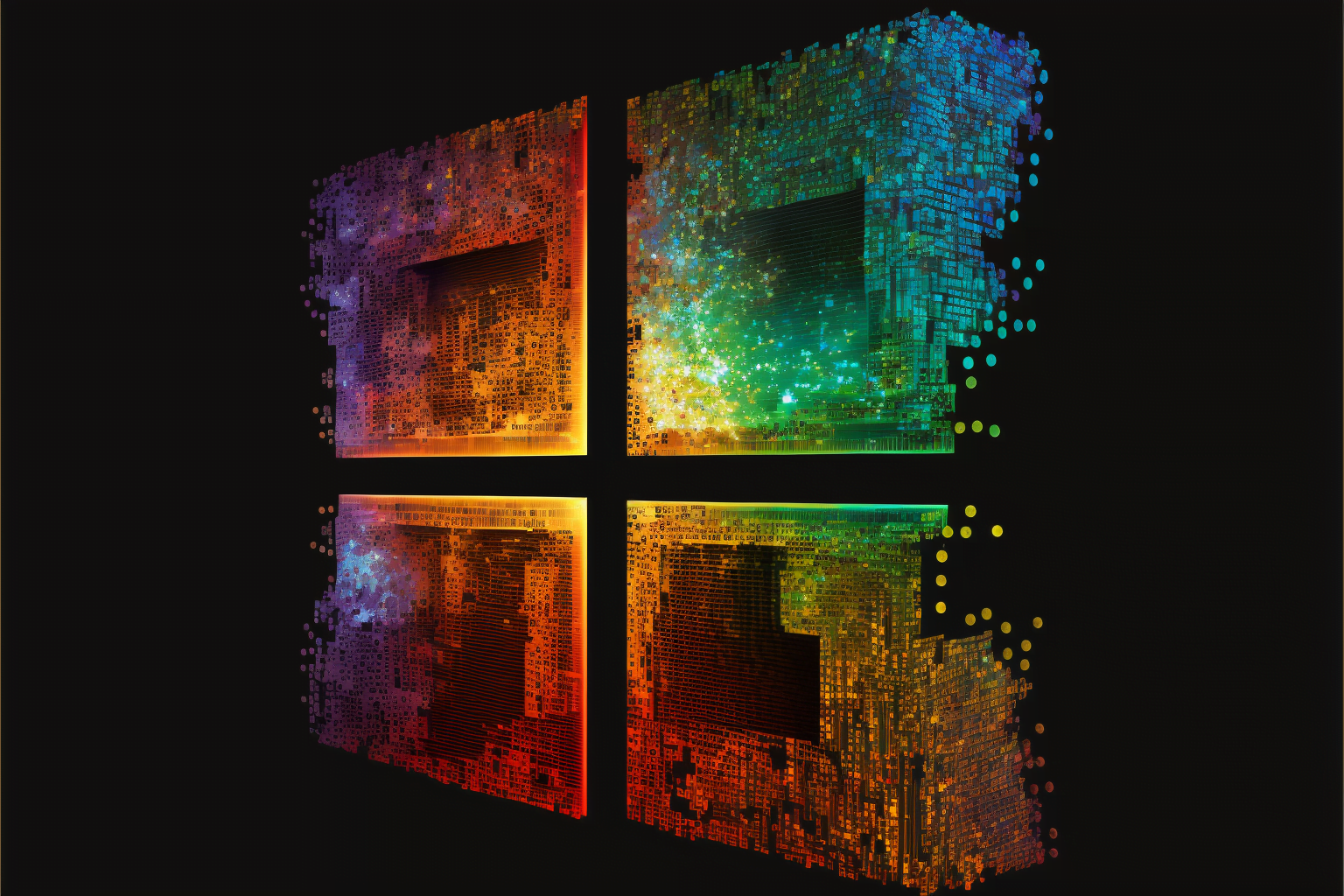Microsoft to invest ten billion US dollars in OpenAI - Report

Jan. 12, 2023:
Fortune reports that it has seen documents describing the deal between Microsoft and OpenAI. According to the documents, Microsoft is to get back $92 billion in profits and $13 billion in initial investment from a future profitable OpenAI.
The other venture capitalists are to receive up to $150 billion. After these profits are paid out, OpenAI is to be owned by itself again and could be granted non-profit status.
According to The Information, the profit distributions to investors are to be changed. Instead of a fixed cap, it should be possible to increase profit distributions by 20 percent per year, which could net investors fabulous sums if OpenAI delivers on its AGI promises - or simply launches profitable AI products for many areas of life.
If the reports are true, it doesn't look like Altman and Co. are looking to sell OpenAI quickly during a hype phase. OpenAI founder Altman is also said to have no shares in the for-profit OpenAI company, but that could change as part of the deal.
Apparently, OpenAI executives are speculating that the company will be worth many times what it is today in the future. Still, they need to hedge OpenAI today to cover ongoing costs and continue to invest in their own technology.
The deal could close as early as January, according to Fortune.
Original article from January 10, 2023:
A mega deal is in the offing for OpenAI with Microsoft as a major investor. Is Microsoft building a Google competitor in the field of AI?
According to a media report by "Semafor", Microsoft is planning a mega-investment in OpenAI: 10 billion US dollars are to flow in and catapult the valuation of OpenAI to 29 billion US dollars. It is unclear whether the money will come from Microsoft alone. Other venture firms are also said to be involved in the investment round.
The deal is also said to be complicated: Microsoft would be entitled to 75 percent of OpenAI's profits until it recoups its investment. It's not known if the money OpenAI spends on Azure cloud computing at Microsoft will count toward the payback.
Microsoft to get 49 percent stake in OpenAI
Once OpenAI earns back the investment, Microsoft is reportedly set to get 49 percent of the AI company. Other investors are expected to hold another 49 percent. Two percent is to remain with OpenAI's nonprofit parent organization. The profit cap for investors will remain in place, but will vary depending on the investor.
According to Semafor, the deal has not yet been closed.
For Microsoft, the business would probably be associated with a manageable risk: True, much around the commercialization of large AI models is still uncharted territory, and ChatGPT in particular is currently racking up high losses. There are unresolved issues, such as the generation of false information or unresolved copyright issues.
In perspective, however, Microsoft strengthens its cloud business with OpenAI as a major customer and could also speculate on building a Google competitor in the field of information and search services in the long term. Microsoft could seek to expand its Web services through OpenAI's technology. This could be a new growth horizon for the company.
Recently, The Information reported that Microsoft plans to integrate OpenAI technology into Office and the Bing search engine. Microsoft also holds exclusive rights to GPT-3 and sells custom GPT-3 APIs for enterprises. The Github code AI Copilot is based on OpenAI's Codex model, and DALL-E 2 is integrated into Bing's Image Creator tools and into Office.
Microsoft first invested in OpenAI in 2019 with a $1 billion stake, before the furor over GPT 3. In September 2020, it acquired exclusive rights to GPT-3.
AI News Without the Hype – Curated by Humans
As a THE DECODER subscriber, you get ad-free reading, our weekly AI newsletter, the exclusive "AI Radar" Frontier Report 6× per year, access to comments, and our complete archive.
Subscribe nowAI news without the hype
Curated by humans.
- Over 20 percent launch discount.
- Read without distractions – no Google ads.
- Access to comments and community discussions.
- Weekly AI newsletter.
- 6 times a year: “AI Radar” – deep dives on key AI topics.
- Up to 25 % off on KI Pro online events.
- Access to our full ten-year archive.
- Get the latest AI news from The Decoder.